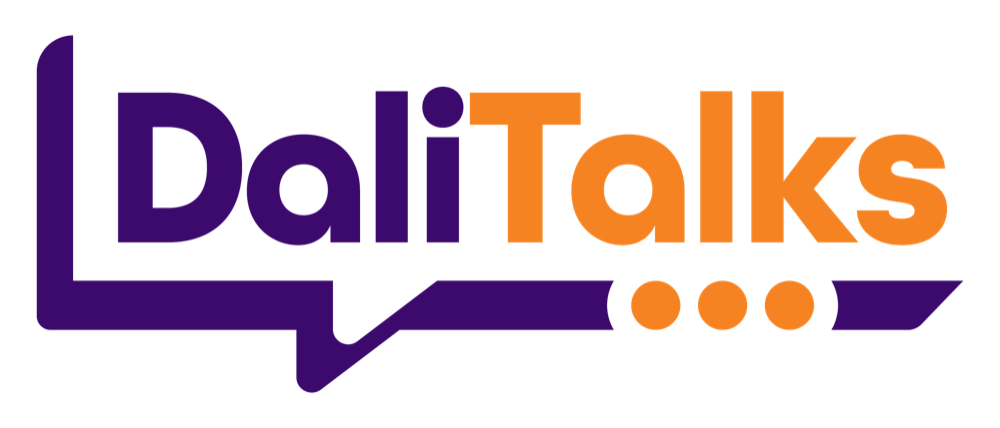Parents Have More Power Than They Realize—Here's How to Use It

I recently spoke with a woman who had just moved to the U.S. She’d visited here for years and even attended university stateside—but she was shocked to learn how much power parents can have in the public school system… and how often we don’t use it.
She said, “I’m surprised parents are allowed to ask the schools so many questions. And even more surprised that they don’t.”
That moment reminded me: the issue isn’t that parents don’t care—it’s that they often don’t know what they’re allowed to ask.
Let’s change that.
Below are the questions and action steps every parent—whether your child is in a public or private school—should know. You can take control of your child’s education. Here’s how.
🧠 What Every Parent Can Ask the School (And Should)
✅ 1. Request Meeting Minutes from Any Parent Group
You have the right to ask for meeting notes from:
- PTA/PTO (Parent-Teacher groups)
- ELAC (English Learner Advisory Committee)
- School Site Council (SSC)
- African American Committees, or any other parent body
To get them, email the principal, secretary, or group leader. These records are public and must be shared upon request.
✅ 2. Ask About Bullying Reports
Want to know how many bullying incidents were reported this month? Last year? Last quarter? You’re allowed to ask. Some schools may hesitate—but the data should be transparent.
✅ 3. Ask About Budgets (Yes, Even Printing Costs!)
Want to know:
- How much money is allocated to the school’s bullying prevention program?
- What the school spends on printing and supplies?
- How much goes into parent programs or outreach?
You can—and should—ask. Schools often spend thousands on logistics, and it’s OK to question where the dollars go.
✅ 4. Request Data on Student Programs
You can legally request:
- How many students are in the Gifted & Talented program (GATE)
- How many are reading below grade level
- Annual graduation rates, dropout data, or expulsion rates
- How many students are in Special Education
🛑 Privacy reminder: Due to FERPA and PPRA laws, schools cannot disclose student names or individual data—but general numbers and percentages are fair game.
✅ 5. Ask About (Or Propose!) Parent Outreach Programs
If your school offers few or no parent-focused programs, ask:
- Why there aren’t any
- What’s required to start one
- If you can volunteer to lead one with a written proposal
Even if your school lacks a PTA, ELAC, or similar group—you can request to start or revive one. It’s legal and encouraged.
✅ 6. Give Feedback—Constructively
Noticed a poorly run program? Or a great one? You can give feedback to the principal or school leadership at any time. Be honest—but if you're sharing a problem, try to offer a solution too.
🏁 Final Thoughts
Parents: you don’t need a title or a background in education to speak up. You just need awareness—and confidence.
Advocating for your child means staying informed, asking questions, and building respectful partnerships with your child’s school. You are your child's most important educational ally.
👉 Want More Tips Like These?
Subscribe to my newsletter by clicking the "SUBSCRIBE NOW" button on the right and follow me on Instagram @DaliTalks for more quick tips.
Let’s raise confident, bully-proof kids—together.

